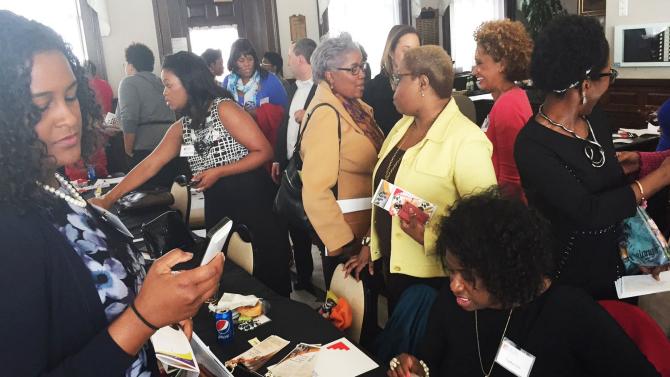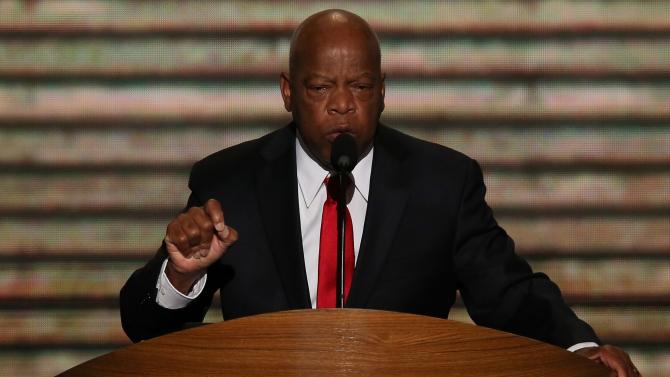Vantage Point Radio Show hosted by Dr. Ron Daniels
According to a new study from Princeton University, American democracy no longer exists. Using data from over 1,800 policy initiatives from 1981 to 2002…

In February, Jeb Bush’s all-but-declared presidential campaign hit a minor speed bump. His chief technology officer, Ethan Czahor, was fired after Buzzfeed and Huffington Post…
The actual contents of a Rhode Island woman’s cupboard after two shopping trips paid for with food stamps. (Michael S. Williamson/The Washington Post)
In a speech delivered at the 1894 dedication of the Manassas Industrial School for Colored Youth, which was founded to provide technical education for African Americans…
Vantage Point Radio Show hosted by Dr. Ron Daniels with guests Julianne Malveaux, Nkechi Taifa, Roger Wareham and Charles Barron.
The top three most popular articles right now on the online Jewish magazine Tablet all deal, in one way or another, with the question of Jews and privilege. The most interesting of the three, as well as the most viral, is Taffy Brodesser-Akner’s personal essay, “I Probably Won’t Share This Essay on Twitter: Some thoughts on being Jewish in contemporary polite society,” which opens with recent tweet of hers:
The Supreme Court is currently deliberating one of the more noxious and symbolic racial cases of our time. All nine justices are chewing on a fundamental question: Did the state of Texas in 2010 violate the free speech rights of the Sons of Confederate Veterans when it rejected a proposed specialty license plate featuring the controversial rebel flag?

Power, policy and mobilizing the political influence of African-American women. That was the focus of a lunchtime meeting of influential black women in Washington this week.

Mumia Abu-Jamal, one of the world’s most prominent and celebrated political prisoners, is reportedly in a diabetic coma and in intensive care at the Schuylkill Medical Center in Pottsville, PA.
“We don’t challenge any heresy in the church!” John Perkins declared at a recent meeting of the Southern Baptist Convention.

“If there were no airplanes, I would have walked across America to be here tonight to sing the praise song to John Lewis,” began Alfre Woodard, the night’s first speaker for the “Portraits of John Lewis: Celebrating the 75th Birthday” festivities at the Tabernacle in Atlanta Saturday.














